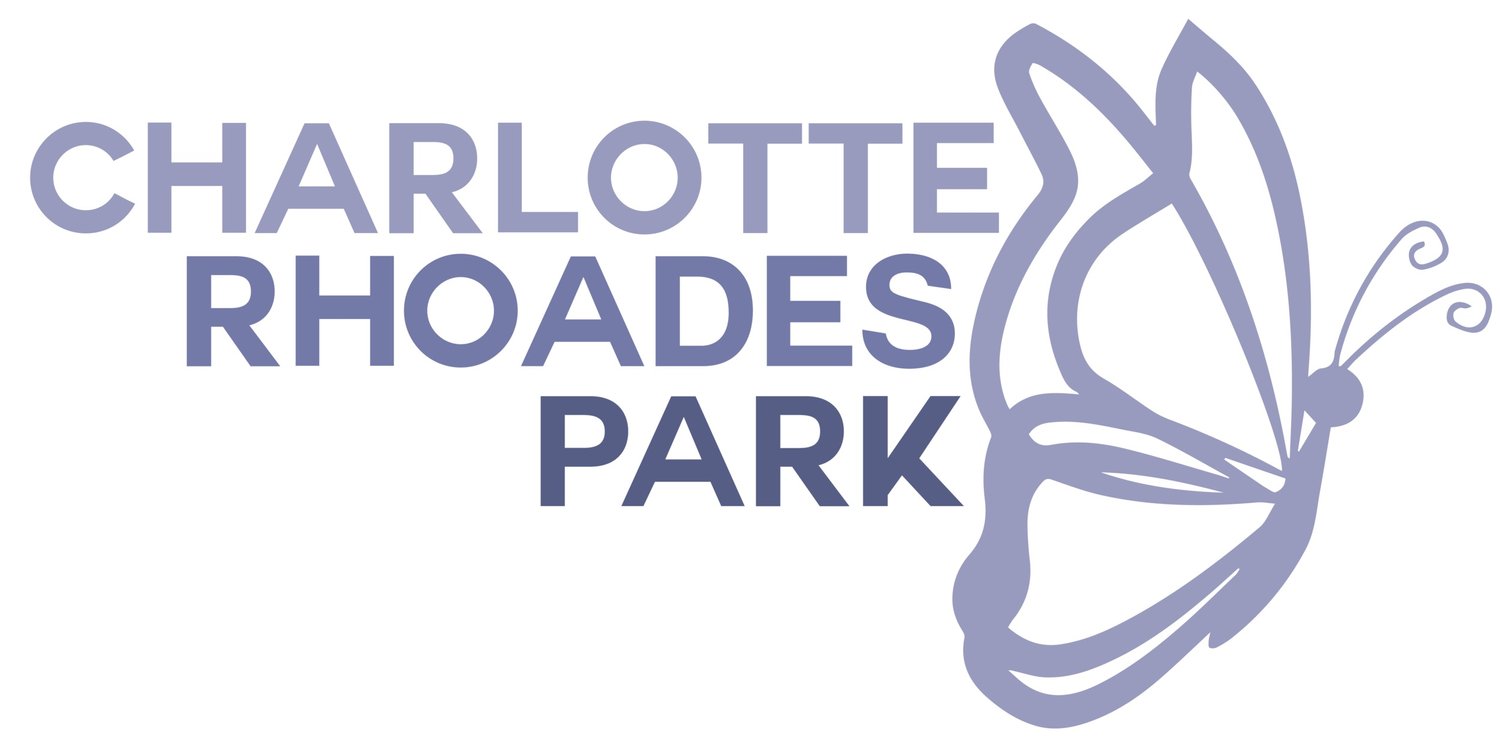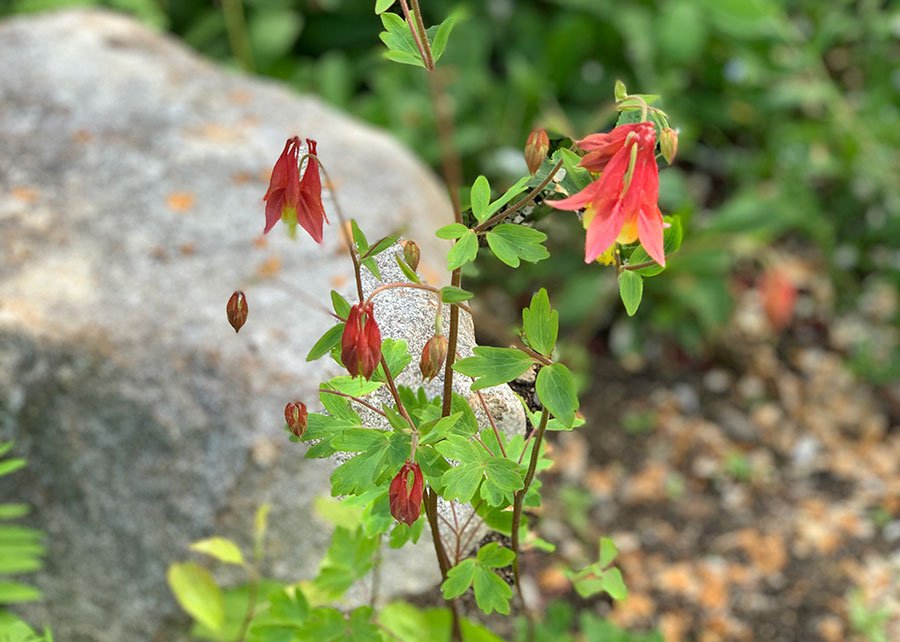Hemerocallis 'Stella D'Oro'
Rabbit tolerant. 'Stella de Oro' features profuse 2.75-inch diameter yellow flowers with ruffled edges and deeper yellow throats. Individual flowers open for one day on a compact plant. This multiple AHS award winner has become perhaps the most popular daylily in cultivation in large part because of its compact size, vigorous growth, profuse bloom and extremely long bloom period. For best performance, daylilies should be divided every 3-4 years in either fall or spring. It is rabbit tolerant, but, use deer repellent!
Gaillardia pulchella
Also known as Indian Blanket and Firewheel, this New England native perennial plant is easy to establish in a sunny well drained location. Bee and Butterflies including Red Admirals, Monarchs, Great Spangled Friillaries and Silver Spotted Skippers will use it as a nectar source.
Gaillardia grandiflora 'Arizona Sun'
Blanket Flower is one of the easiest perennial wildflowers to establish. Blooms provide nectar for many butterflies and native bees. 'Arizona Sun' has large, 3 to 4 in. wide, fiery orange red blossoms with yellow-tipped petals and is very drought and salt tolerant.
Echinacea 'Cheyenne Spirit'
‘Cheyenne Spirit’ was introduced in 2012 and has won top awards for garden performance. It comes in a mix of colors including gold, scarlet, orange, rose-red, cream, purple and yellow and all colors attracts birds and butterflies. Dead flower stems will remain erect well into the winter, and if flower heads are not removed, the blackened cones may be visited by goldfinches or other birds that feed on the seeds. Deer tolerant.
Digitalis lutea
: Yellow Foxglove is a short-lived herbaceous perennial or biennial. All parts of the plant are poisonous; however, the plant is less toxic than the common foxglove (D. purpurea). The species is hermaphrodite (has both male and female organs) and is cross-pollinated by long tongued bumblebees. It can naturalize or persist at a site for many years. Deer and rabbit resistant.
Coreopsis verticillata
Coreopsis verticillata is a native airy yellow perennial from the daisy family that grows in dense bushy clumps. The plants can be sheared in mid to late summer to promote fall re-bloom. It has been a popular garden flower since the 19th century.
Coreopsis grandiflora 'SunKiss'
Sunkiss coreopsis has huge, nearly 3" wide yellow flowers with burgundy centers. It is a cottage garden plant that has excellent heat-tolerance and is easy to grow.
Calendula officinalis 'Ivory Princess'
Edible annual or short-lived perennial herb that likes growing in our cool temperate climate. Colorful daisy like yellow, orange, or white blooms continue all summer. It is a pollinator plant that bees and butterflies love, but it is not a true marigold (tagetes).
Asclepias tuberosa
The leaves, blossoms, and seed pods are eaten by the Monarch butterfly. The blossoms are a host nectaring plant to all butterflies. The glycosides in the latex of native Butterfly Weed are not as toxic as other native milkweed species.
Asclepias currassavica
Tropical milkweed is grown in Maine as an annual and the leaves and blossoms provide food for late season Monarch caterpillars. It is non-native, and therefore not an ideal choice for growing in Maine butterfly gardens, but works well in a pot or planter on a deck if there is no space for a garden.
Aquilegia canadensis
This native wildflower in the buttercup family (Ranunculaceae) occurs naturally in open woodlands, clearings, and rocky slopes. It looks pretty in a naturalized area or in a flower bed.
Achillea x 'Moonshine'
This yarrow attracts bees, butterflies, and hummingbirds. It is rabbit and deer resistant, it is low maintenance and frost tolerant. The plant has pretty silvery gray leaves and citron yellow flowers.












